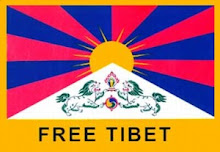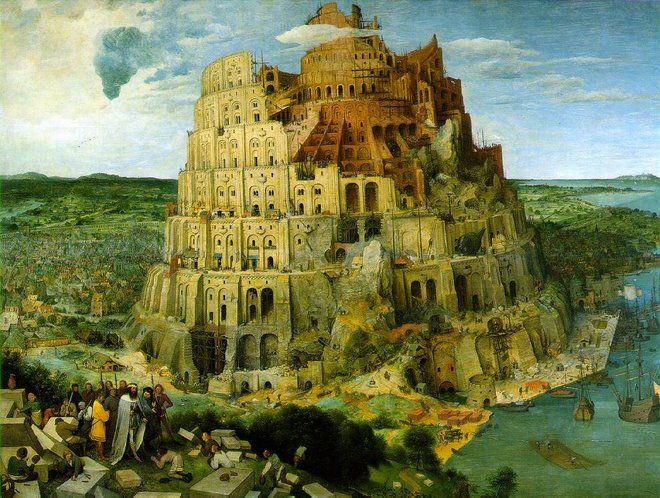 «The most commercially and creatively successful act ever to emerge from Zimbabwe, the Bhundu Boys embodied the world music zeitgeist of the mid-'80s. Creators of a frenetic, guitar-dominated style they dubbed "jit," they fused airy melodies, shimmering harmonies, and pulsating rhythms drawn from across the African continent to make music that was both alien and accessible. Taking their name from the guerrillas who backed Robert Mugabe in his successful war to win Zimbabwe's independence from Britain, the Bhundu Boys formed in April 1980 in the city of Harare, which translates literally (and, sadly, prophetically) as "death everywhere." Lead guitarist Rise Kagona assembled the original lineup, which also included singer/guitarist Biggie Tembo, bassist David Mankaba, keyboardist Shakie Kangwena, and drummer Kenny Chitsvatsva. Making do with homemade instruments, the Bhundu Boys cut their teeth playing Western pop covers in township beer halls, and were a local phenomenon by the time they were discovered by erstwhile property developer Steve Roskilly, who cut their earliest sessions in his home studio, Shed. Their 1981 debut single, "Hatisitose," topped the Zimbabwean charts for three months straight, and in the years to follow the band scored three more national number ones with "Baba Munini Francis," "Wenhamo Haaneti," and "Ndimboze."
«The most commercially and creatively successful act ever to emerge from Zimbabwe, the Bhundu Boys embodied the world music zeitgeist of the mid-'80s. Creators of a frenetic, guitar-dominated style they dubbed "jit," they fused airy melodies, shimmering harmonies, and pulsating rhythms drawn from across the African continent to make music that was both alien and accessible. Taking their name from the guerrillas who backed Robert Mugabe in his successful war to win Zimbabwe's independence from Britain, the Bhundu Boys formed in April 1980 in the city of Harare, which translates literally (and, sadly, prophetically) as "death everywhere." Lead guitarist Rise Kagona assembled the original lineup, which also included singer/guitarist Biggie Tembo, bassist David Mankaba, keyboardist Shakie Kangwena, and drummer Kenny Chitsvatsva. Making do with homemade instruments, the Bhundu Boys cut their teeth playing Western pop covers in township beer halls, and were a local phenomenon by the time they were discovered by erstwhile property developer Steve Roskilly, who cut their earliest sessions in his home studio, Shed. Their 1981 debut single, "Hatisitose," topped the Zimbabwean charts for three months straight, and in the years to follow the band scored three more national number ones with "Baba Munini Francis," "Wenhamo Haaneti," and "Ndimboze."The Bhundu Boys' ascent to international fame began when Owen Elias and Doug Veitch, owners of the fledgling Discafrique label, traveled from London to Harare in search of artists to sign. There they befriended Roskilly, and on his encouragement cut a deal to reissue the band's records in the U.K. Elias and Veitch also plotted to bring the Bhundu Boys to Britain to tour, but when funding dried up Discafrique turned to Scottish promoter Gordon Muir, who in time took over the band's management. Most critical to the Bhundu Boys' growing momentum was the endorsement of BBC Radio One DJs John Peel and Andy Kershaw, both of whom played their Discafrique LPs Shabini and Tsvimbodzemoto incessantly – a few years later, Kershaw even served as best man at Tembo's wedding. In 1987 Muir brokered a landmark deal with WEA, reportedly the most lucrative ever signed by a world music act, and while at work on their major-label debut, the Bhundu Boys opened three nights for Madonna at Wembley Stadium, playing to a crowd of 240,000 at the personal request of the Material Girl herself. But their 1988 WEA debut, True Jit, was a disaster, sacrificing the elegant simplicity of their earlier work for an over-produced, Westernized sound that alienated their core fan base. The 1989 follow-up, Pamberi, was no better, and WEA terminated their contract soon after.
The Shed Sessions: 1982-1986 comprise the two albums that Zimbabwe's Bhundu Boys recorded at Harare's Shed Studios between 1982 and 1986. It's where Biggie Tembo and the rest of the band developed their jit-jive style and created a classic sound with intricately interlocking guitar parts. Comprised of two LPs, Shabini and Tsvimbodzemoto, this is really the legendary sound of the band, spawning four number one singles at home and establishing their reputation overseas. This CD not only collects the songs from those albums, but adds more, for a total of 28 cuts, all powered by some storming guitar work. But while they show their fire on tracks like "Pachedu," they also take on the feel of more traditional mbira music on the moody "Manhenga."
It's ironic that they should hit their creative high point so early in their career, never recapturing the spirit that made this music so remarkable and glittering. From here they'd move to England, but in the '90s everything would fall apart, as members died of AIDS and Biggie Tembo hanged himself after being asked to leave the band. A tragic end that wasn't foreseen in some of the best guitar music to emerge from Africa.» (AMG, click here for the full bio)
Links in comments











9 comments:
Part 1: http://sharebee.com/4033ae99
Part 2: http://sharebee.com/a538c578
Fantastic music. Simple as that really
Grazie mille , una bella scoperta per me !
Peace
This is the best stuff I've heard in ages. Thanks!
Just a point of info. The Bhundu Boys fought against the Smith regime that illegally objected to the terms of independence from the UK.
http://www.photoboxgallery.com/worldmusic
Bhundu Boys Image Collection By Giacomino Parkinson From Glastonbury 1987 And 1989.
Fab Music great post. Thank you very much. Keep up the good work!
Muchas gracias amigo. Me encanta bailar !
Thanks, Radu! You're going to want these two rare live recordings in lossless FLAC format:
http://archivevibes.blogspot.com/2011/04/bhundu-boys-1989.html
and for more Zim:
http://archivevibes.blogspot.com/2011/05/four-brothers-1989.html
Cheers, Dave Sez.
Post a Comment